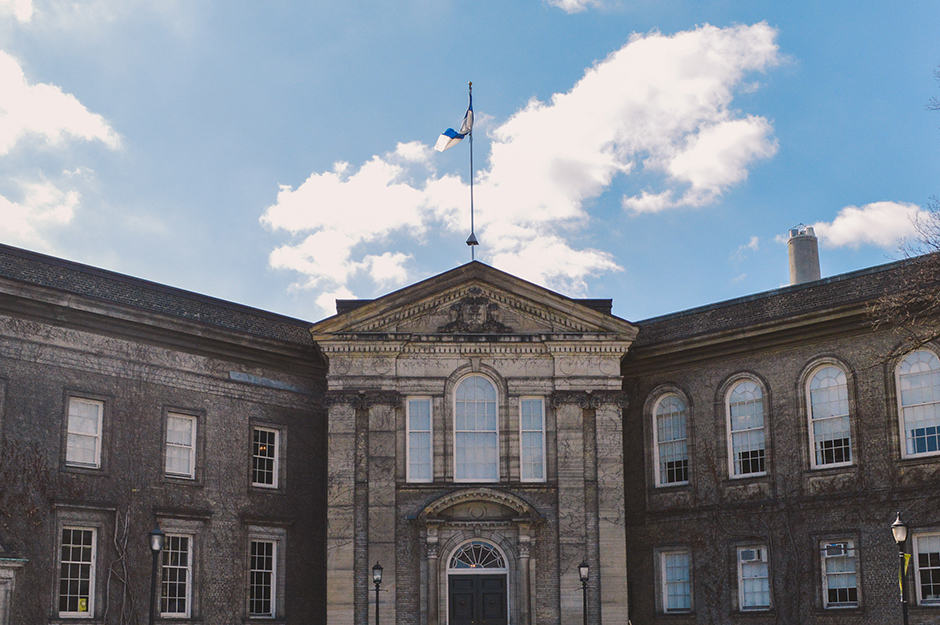The Presidential Advisory Committee on Divestment from Fossil Fuels has agreed to have a meeting with Toronto350 on April 17.
At the meeting, Toronto350 will present a revised version of their brief on fossil fuel divestment, last updated in September 2013, to the ad hoc committee.
Toronto350’s Divest U of T campaign is asking the university to sell their direct stock holdings in the 200 fossil fuel companies with the largest reserves.
In April, they will present the committee with new evidence in their brief.
Milan Ilnyckyj, the main author of the brief and a PhD candidate in political science, acknowledged concerns the university has regarding endowment funds from those companies. “We do not expect [selling the stocks] will lead to a significant decrease in donations or research partnerships. If these companies feel a research partnership is beneficial for them, they are still going to feel that way if the direct stock holdings have been sold,” Ilnyckyj says.
The fossil fuel divestment committee has until the fall to make a recommendation to president Meric Gertler, who will make the final decision. At the presentation, committee members will have the opportunity to ask Toronto350 questions about their brief and the plausibility of divestment.
According to Toronto350 treasurer Graham Henry, the committee has only met once since its creation last November — in December 2014.
“The thought was that they would be meeting monthly, maybe bi-monthly, reasonably regularly, and they just haven’t met since,” Henry says. “We’ve got a date that they will be meeting us. It’s just four months later than we thought it would be.”
However, according to Althea Blackburn-Evans, U of T director of media relations, the committee has met several times. “The Advisory Committee on the Divestment of Fossil Fuels is continuing an intensive and methodical consultation process,” she says.
The next committee meeting is on March 27 and will only be open to the appointed members.
Ben Donato-Woodger, operations director for Toronto350, worries about the committee making a timely recommendation because other universities have tried to slow divestment by postponing their rulings. “The evidence of climate change was clear 25 years ago and nothing is being done,” he says. “If it’s a crisis you treat it like a crisis. We want to convey a sense of urgency to the committee members and the Governing Council,” Donato-Woodger says.
Toronto350 members hope to shift investments towards energy options that are safe for the climate. “We have all the technology that we need to deal with climate change,” Ilnyckyj says. “What we need is policy will and the investment determination to drive the transition at the rate that is necessary.”
With the number of divestment supporters in elections for student seats on Governing Council this year, Donato-Woodger says that he feels students want divestment.
“Whatever the outcome of this important debate, these students have demonstrated the highest ideals of student activism and represented the University of Toronto with integrity,” Blackburn-Evans says.


